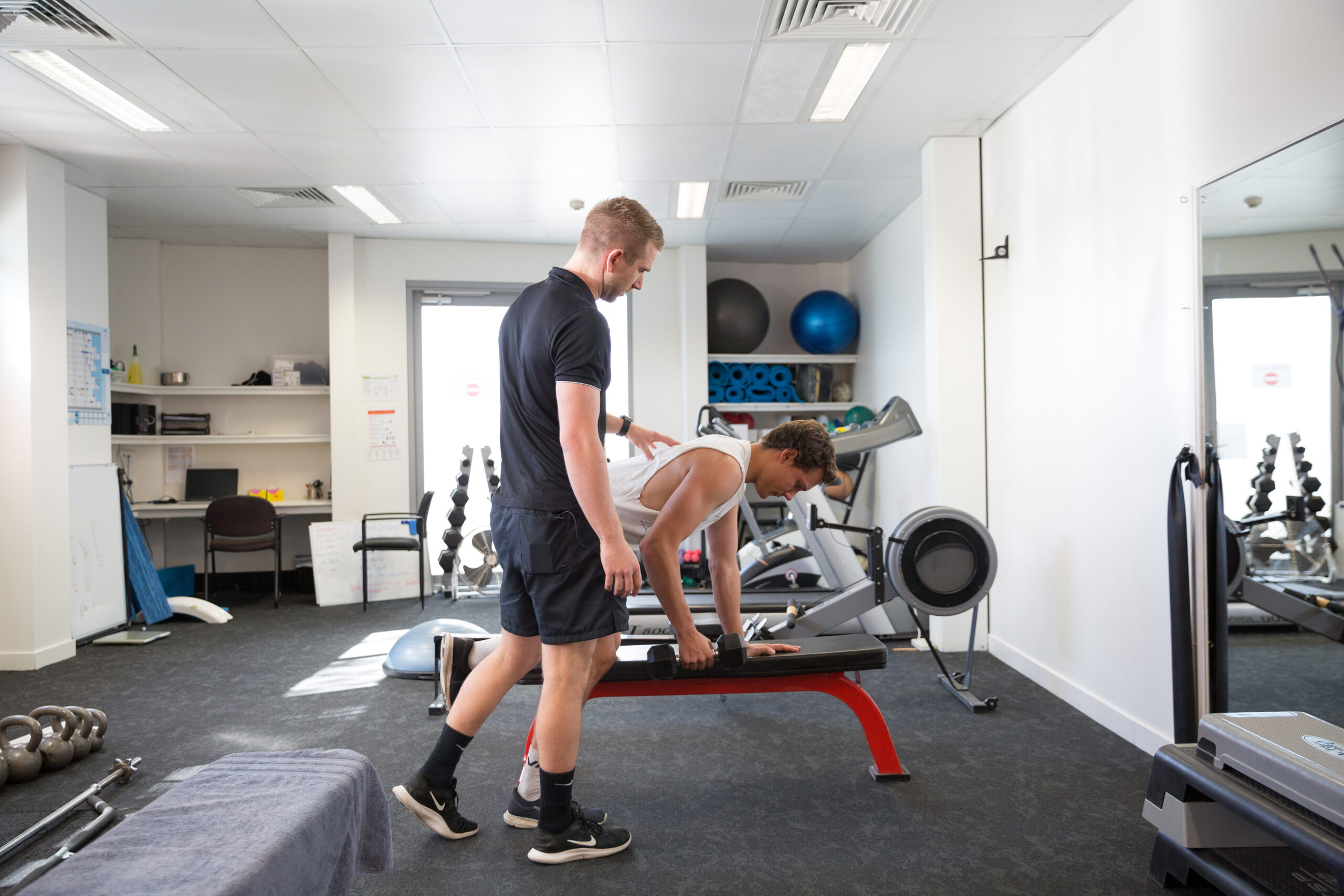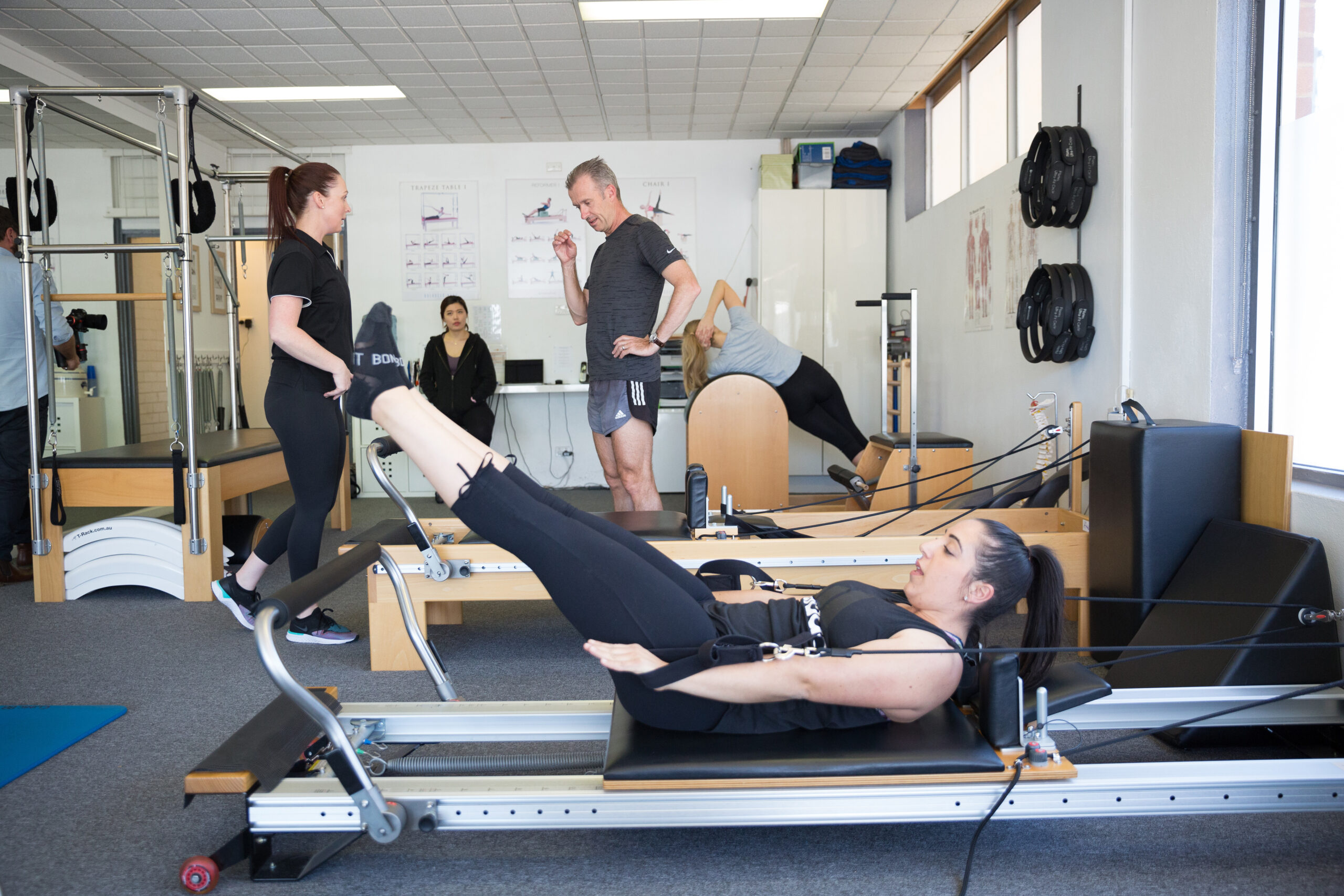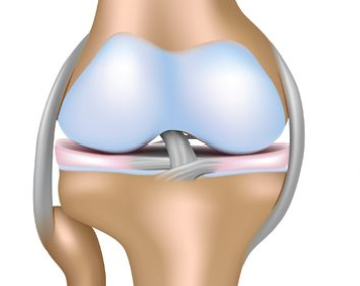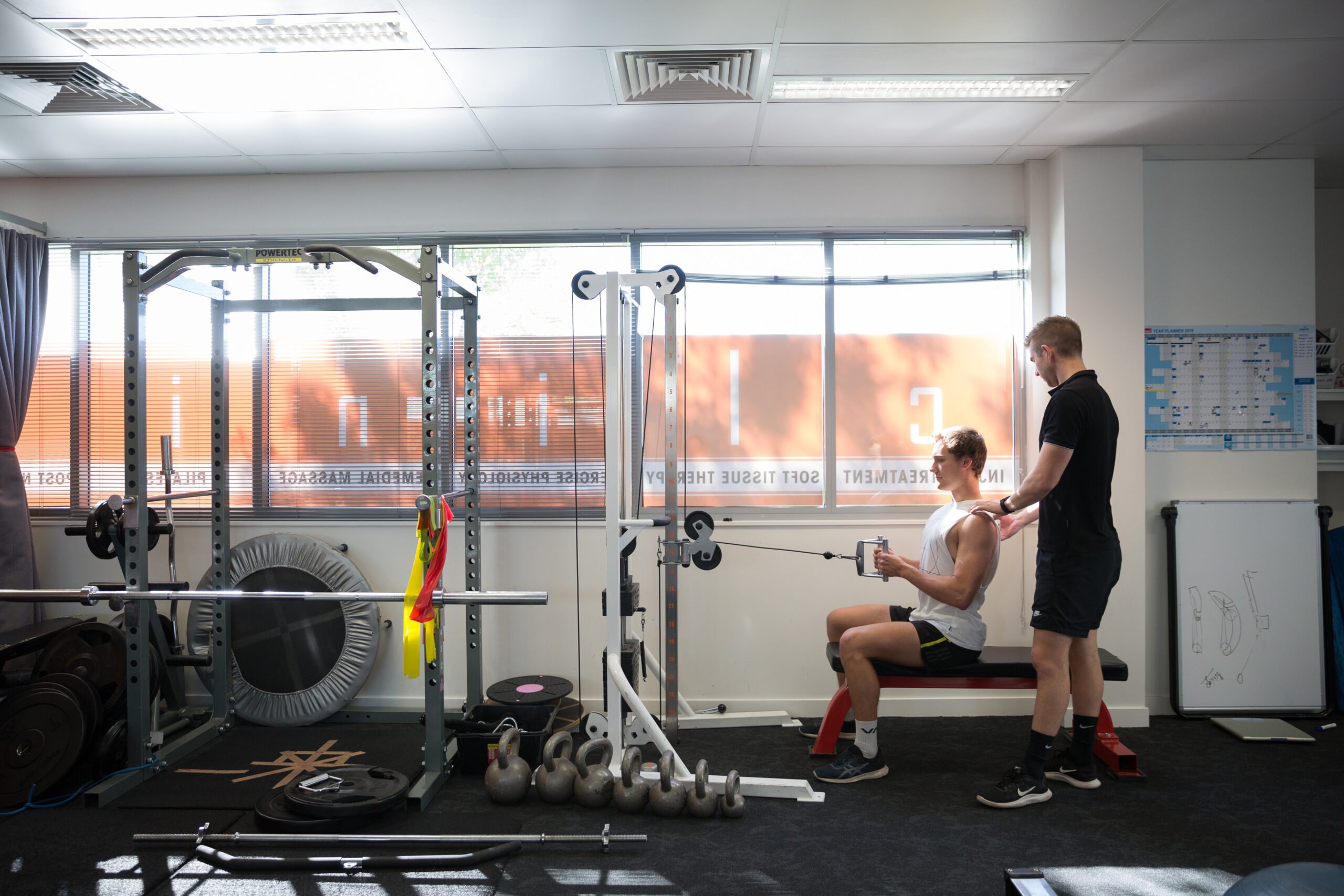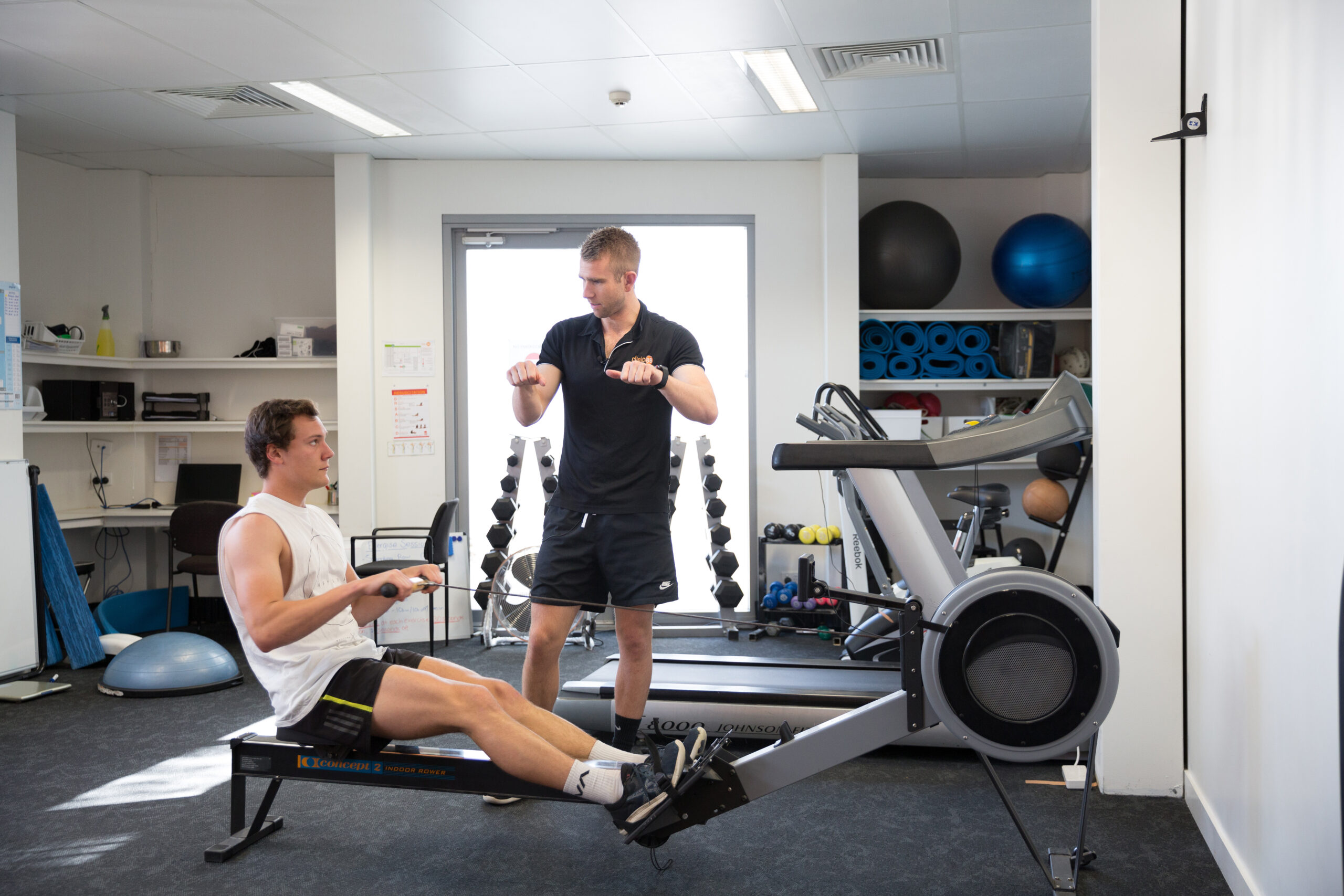Exercise Physiology
What is Exercise Physiology?
Exercise Prescription Specialists!
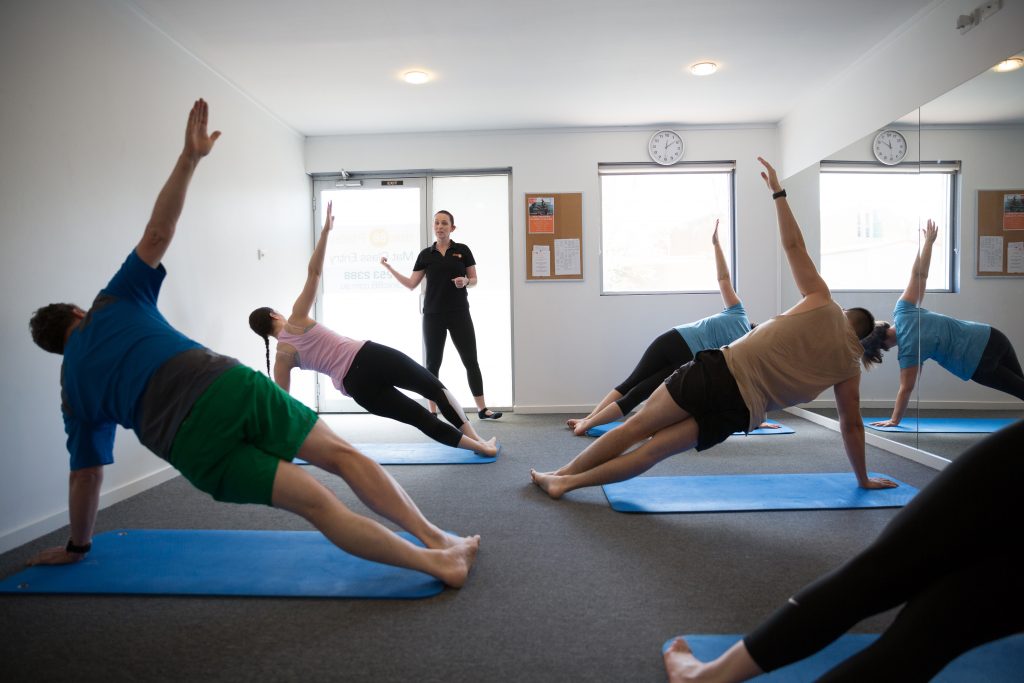
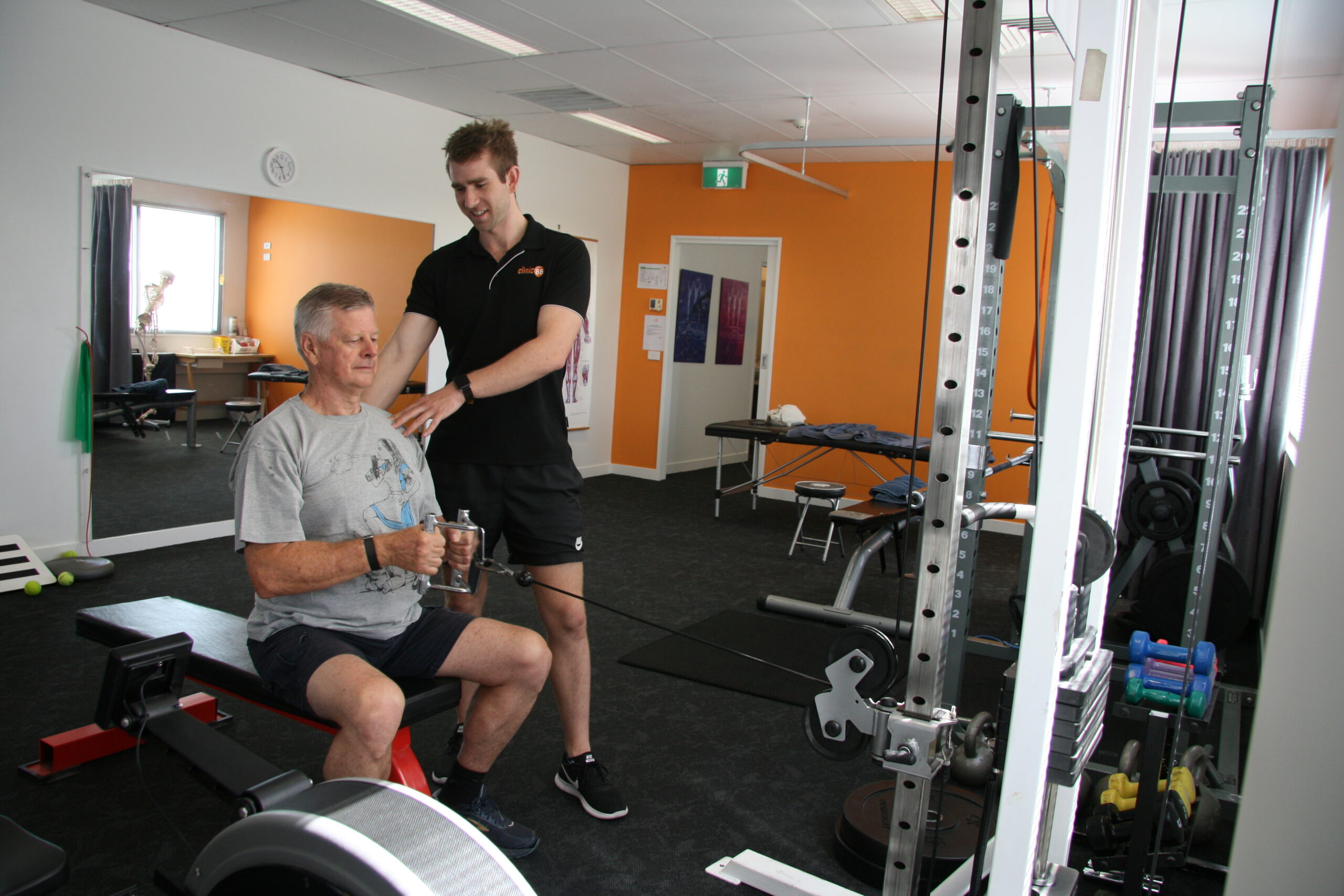
Exercise Physiology & Rehabilitation at Clinic 88 is conducted by fully qualified and ESSA accredited Exercise Physiologists.
Clinic 88 offers accredited Exercise Physiology sessions for treatment of a wide variety of injuries and chronic conditions. Our Exercise Physiologists are allied health professionals with Medicare provider numbers.
Exercise Physiologists are specialists in Exercise Prescription and will tailor your program to your specific needs.
They can receive referrals from your doctor for:
-
Enhanced Primary Care (EPC) Plan – Click here for more details
-
DVA programs – click here for more details
-
NDIS Programs – click here for more details
- My Aged Care (Home Care Packages) – click here for the government website
-
Private patients – see conditions treated below
-
Workers compensation claims (including Comcare, Work Cover ACT and CTPI claims) – see below
Medicare Rebates via EPC Programs
As of November 2009, 5 sessions per year with an ESSA accredited Exercise Physiologist will be rebated by Medicare to the amount of $58.30 per session. To gain this rebate, clients must first be referred for this service by a General Practitioner for an EPC program. Please consult your GP if you wish to gain access to this rebate
For further information on these and other programs please continue reading or contact the clinic on 6253 2388
What are some of the Conditions treated by Exercise Physiologists?
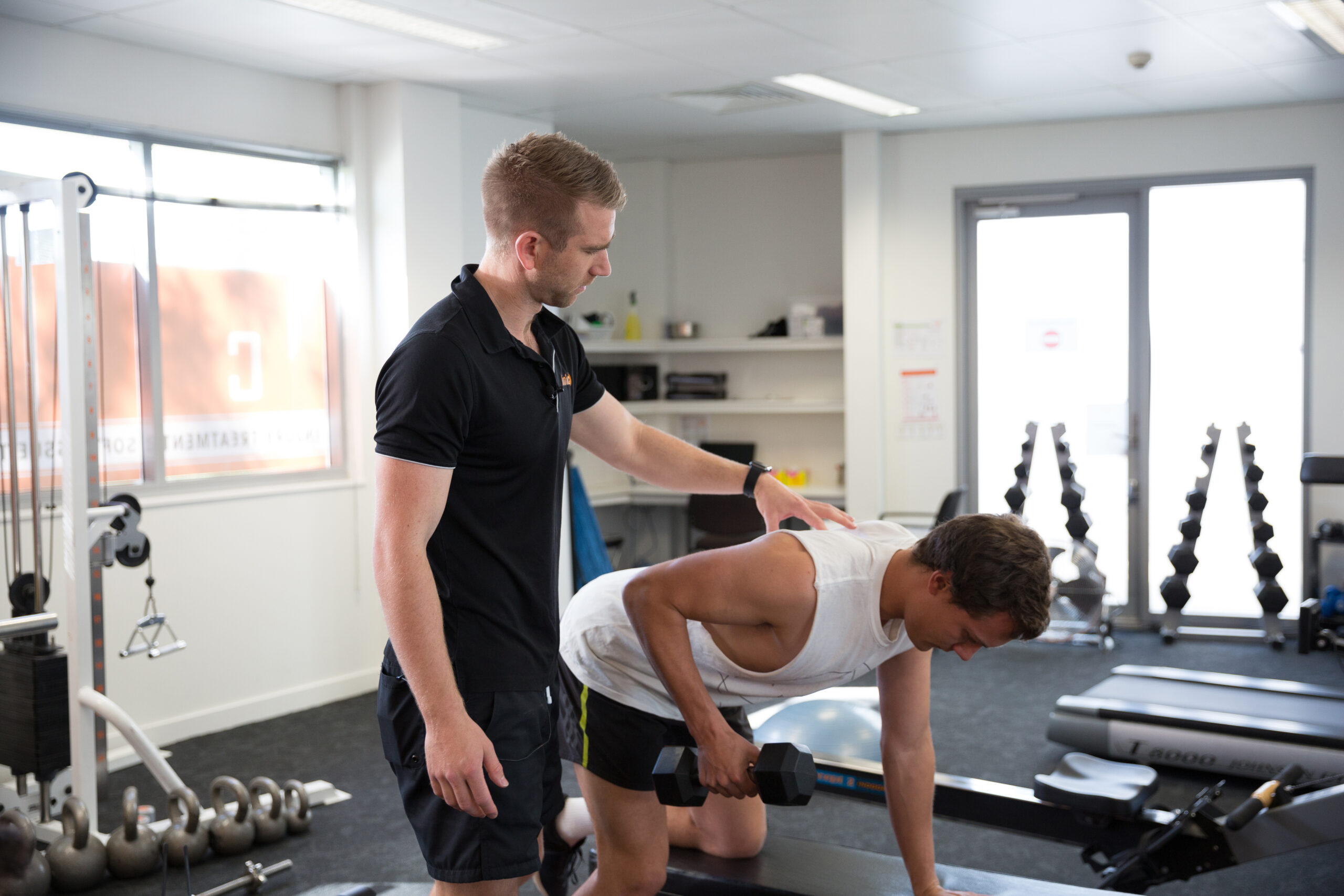
Muscular Dystrophy
Spinal Cord Injury
Parkinsons Disease
Cerebral Palsy
Muscular Dystrophy
Chronic Fatigue & Fibromyalgia
Stroke Rehab
Cardiovascular Disease
Metabolic Disease
Obesity
Type 2 Diabetes
Osteoporosis and Arthritis
Cancer Recovery Programs
Falls Prevention
Chronic Pain
Chronic Disease Management
Intellectual Disability
Mental Health Programs
Note: Exercise Physiologists are Specialists in tailoring exercise to your specific needs
Rebates for these Conditions
Many of these conditions are eligible for Medicare rebates via EPC Programs. Please consult your GP for clarification and referral to Clinic 88. You must have and EPC program for Medicare rebates and the referral must be to an Exercise Physiologist.
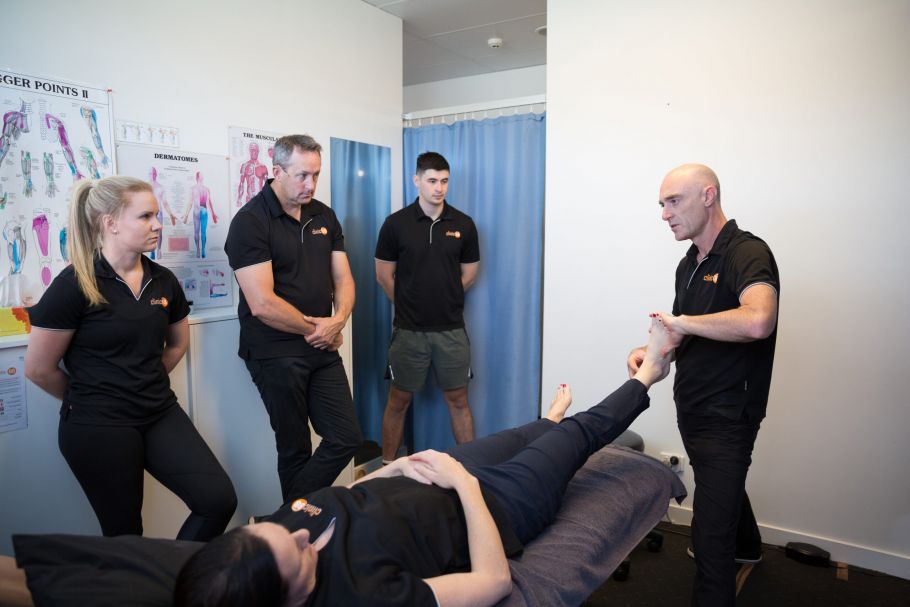
Workers Compensation Claims
- Comcare
- Work Cover ACT
- CTPI Claims
Our Exercise Physiologists are experienced in treatment for work related injuries and return to work plans. We utilise gradual exercise to treat workplace injuries and tailor the exercise program to assist individuals in rehabilitating towards a return to work-based duties. Completing initial assessments focused on functional capacity programs are created to assist individuals with their ongoing rehabilitation and return to work under public and private schemes
Our Popular Exercise Physiology Classes:
